Top mobile app development Trends
In today’s fast-paced digital landscape, mobile apps are at the forefront of innovation, providing businesses with the tools to enhance customer engagement, improve operations, and drive growth. As the mobile app development industry evolves, staying on top of the latest trends is crucial for developers and businesses alike. In this blog, we will explore the top mobile app development trends for 2024, with a special focus on how mobile app developers can harness these trends to create cutting-edge applications.
1. AI and Machine Learning Integration

Artificial Intelligence (AI) and Machine Learning (ML) have become integral to the mobile app development landscape. These technologies enable apps to provide personalized experiences, enhance customer support through chatbots, and improve app functionality through predictive analysis.
For mobile app developers , integrating AI and ML into apps can lead to smarter, more intuitive features. From intelligent voice assistants to real-time translation services, AI and ML are revolutionizing the way users interact with their devices. In 2024, expect more apps to integrate AI-powered functionalities, such as recommendation engines, image recognition, and natural language processing.
2. 5G Technology
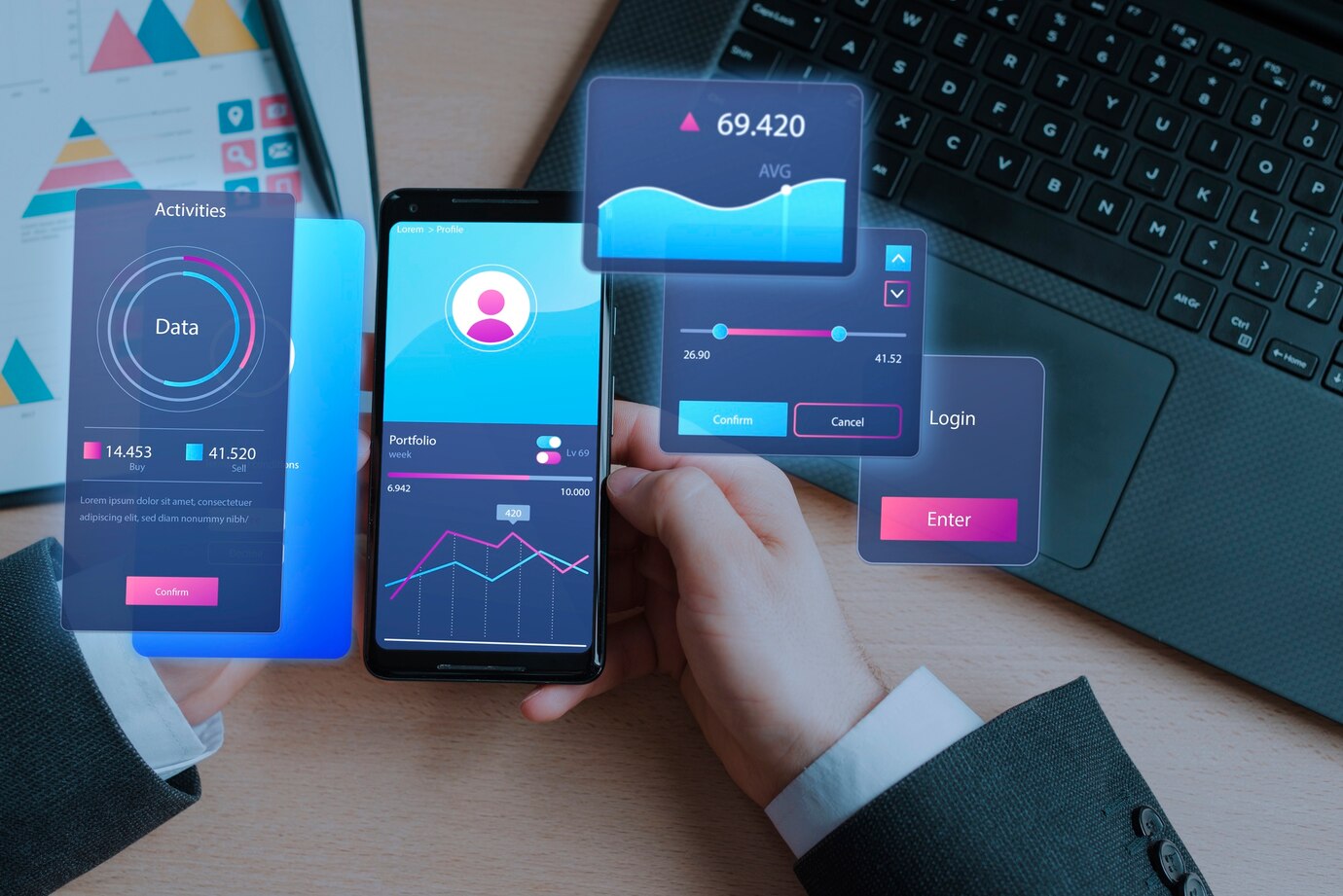
The rollout of 5G technology is set to transform the mobile app industry. With significantly faster speeds and lower latency, 5G enables mobile apps to deliver richer experiences in real-time. This means mobile app developers be able to create apps that offer higher-quality video streaming, augmented reality (AR), and virtual reality (VR) experiences, all of which demand high-speed connectivity.
The development of apps that leverage 5G’s capabilities will be a major trend in 2024. Mobile app developers need to optimize their apps for 5G to ensure smooth, high-speed performance for users. The speed and responsiveness of 5G can also enable new features in gaming, IoT (Internet of Things) integration, and remote work applications.
3. Augmented Reality (AR) and Virtual Reality (VR)
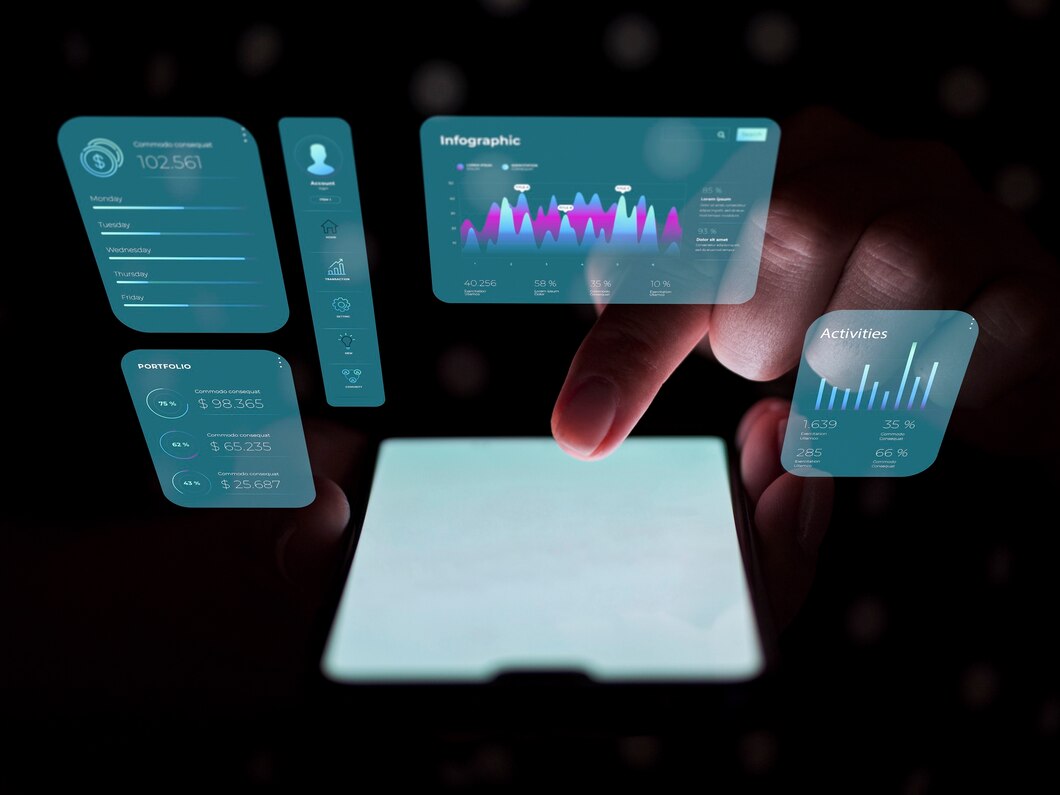
AR and VR technologies are no longer just a novelty; they are increasingly being used in mobile apps across various industries. From gaming and entertainment to retail and education, these technologies are opening up new possibilities for user engagement and interaction.
Mobile app developers incorporating AR and VR to create immersive experiences that go beyond traditional app interfaces. For example, AR can be used for virtual try-ons in fashion apps, while VR can transport users to virtual worlds for gaming or training simulations. In 2024, the demand for AR and VR-enabled apps is expected to grow, and mobile app developers will play a key role in making these technologies more accessible and user-friendly.
4. Cross-Platform App Development
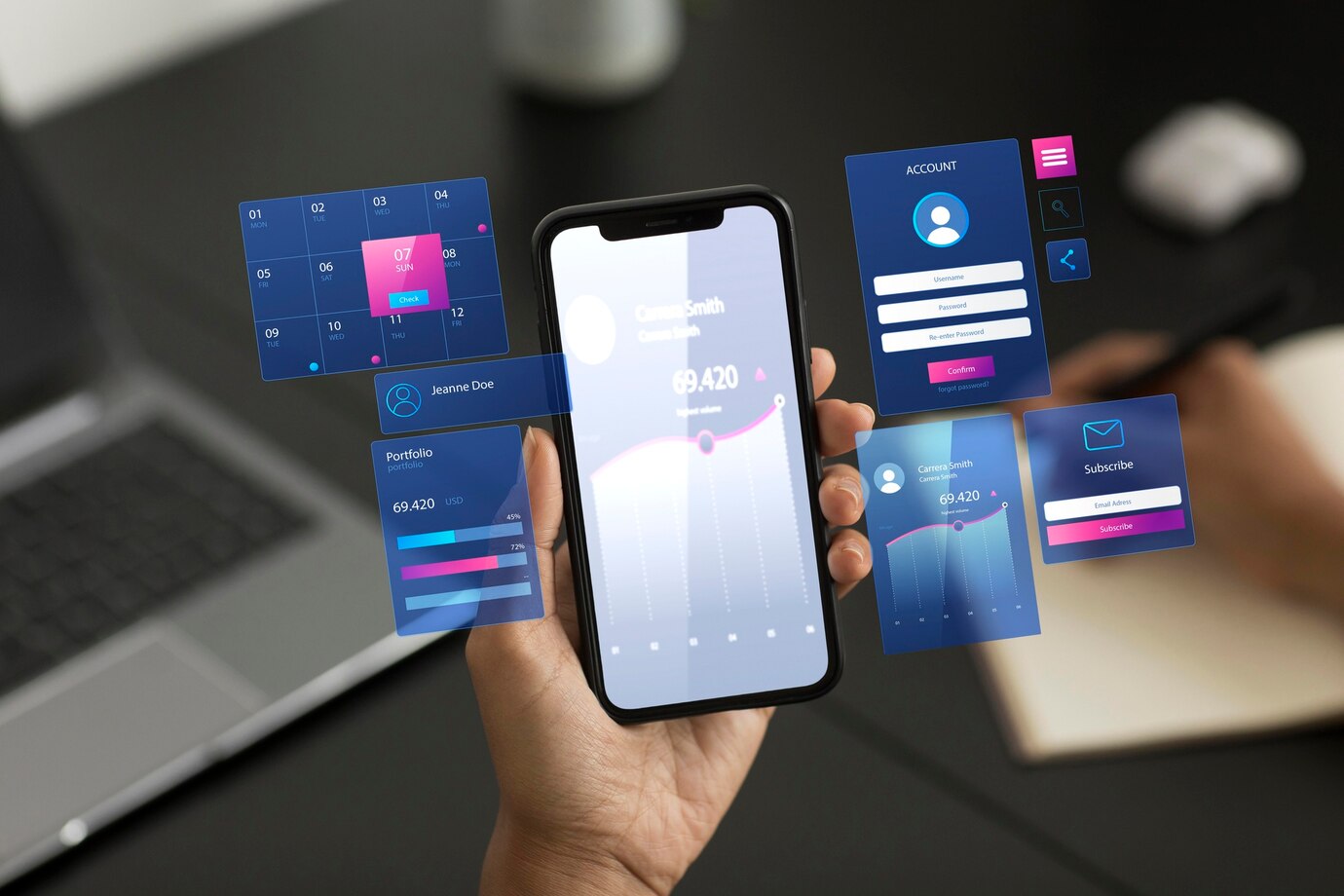
As the demand for mobile apps increases, businesses are looking for ways to reach a wider audience without the need for separate app versions for different platforms (iOS, Android). This has led to the rise of cross-platform app development.
Cross-platform frameworks like Flutter, React Native, and Xamarin allow mobile app developers write code once and deploy it across multiple platforms, saving both time and resources. This trend will continue to gain momentum in 2024 as businesses aim to optimize their development process while maintaining a consistent user experience across platforms. With the right tools and frameworks, developers can create high-quality apps that work seamlessly on both iOS and Android.
5. IoT Integration
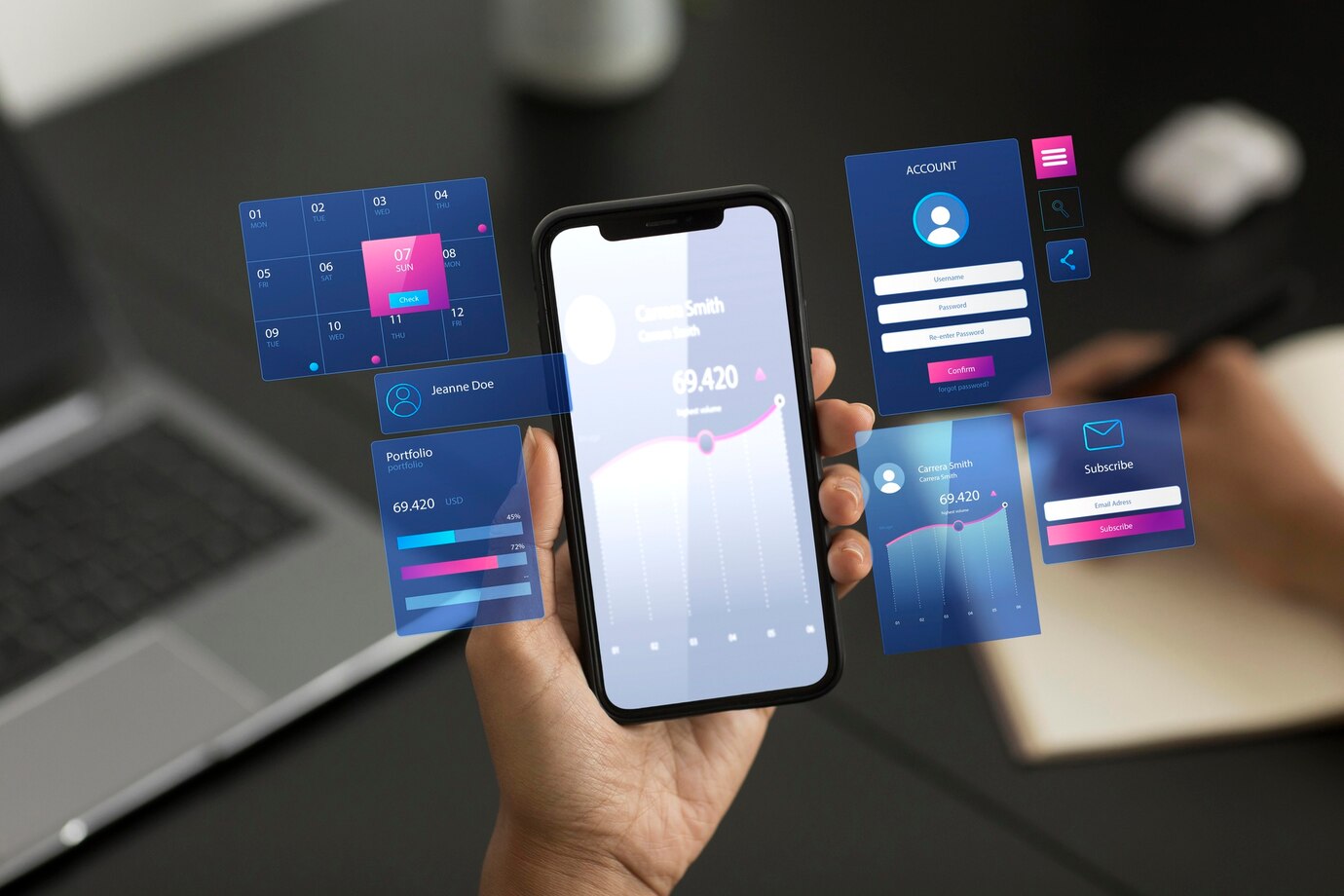
The Internet of Things (IoT) is rapidly transforming how we interact with devices. From smart home systems to wearable devices, IoT has created a connected ecosystem that provides users with real-time data and control over their environment.
Mobile app developers are increasingly integrating IoT functionality into apps, allowing users to control and monitor devices remotely. In 2024, the demand for IoT-enabled apps will continue to rise, especially in industries like healthcare, home automation, and retail. Developers need to ensure that their apps are capable of handling the complexities of IoT, including data synchronization, security, and device compatibility.
6. Blockchain Technology

Blockchain technology is primarily associated with cryptocurrencies, but its potential extends far beyond digital currencies. Blockchain offers secure, decentralized data storage, making it an attractive option for mobile app developers in fields like finance, healthcare, and supply chain management.
In 2024, mobile app developers expected to leverage blockchain to create apps that offer secure transactions, transparent records, and enhanced data privacy. Whether it’s for secure payment processing, contract management, or digital identity verification, blockchain technology is poised to become a key player in the mobile app development space.
7. Cloud-Based mobile apps

Cloud computing has revolutionized the way we store and access data. By utilizing cloud services, mobile apps can access data and resources remotely, reducing the reliance on device storage and enabling real-time updates and collaboration.
For mobile app developers , cloud-based apps offer scalability, flexibility, and cost-efficiency. With the cloud, developers can build apps that allow users to store and access data from multiple devices, ensuring a seamless experience. In 2024, more businesses will embrace cloud-based apps to deliver faster, more reliable services to their customers.
8. Mobile Commerce (M-Commerce)
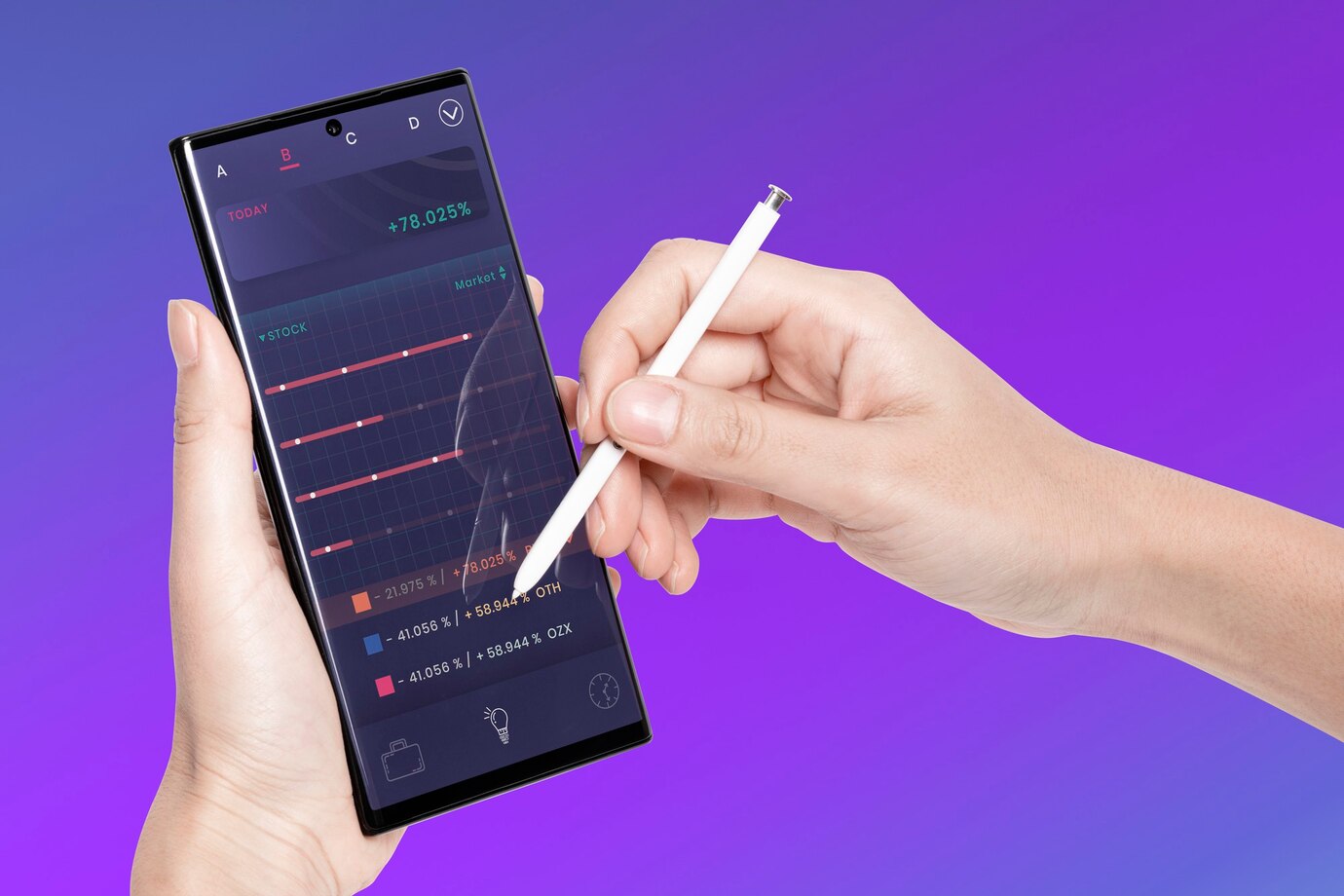
Mobile commerce has been growing steadily, and 2024 will see an even greater emphasis on m-commerce solutions. With the rise of mobile payments, e-commerce apps, and subscription services, businesses are increasingly focusing on providing smooth, secure shopping experiences through mobile devices.
Mobile app developers need to optimize apps for mobile commerce by incorporating features like one-click payments, digital wallets, and secure checkout options. Additionally, developers will focus on building apps with enhanced user interfaces (UI) and user experiences (UX) to make shopping on mobile devices as easy and intuitive as possible.
9. Privacy and Security Features
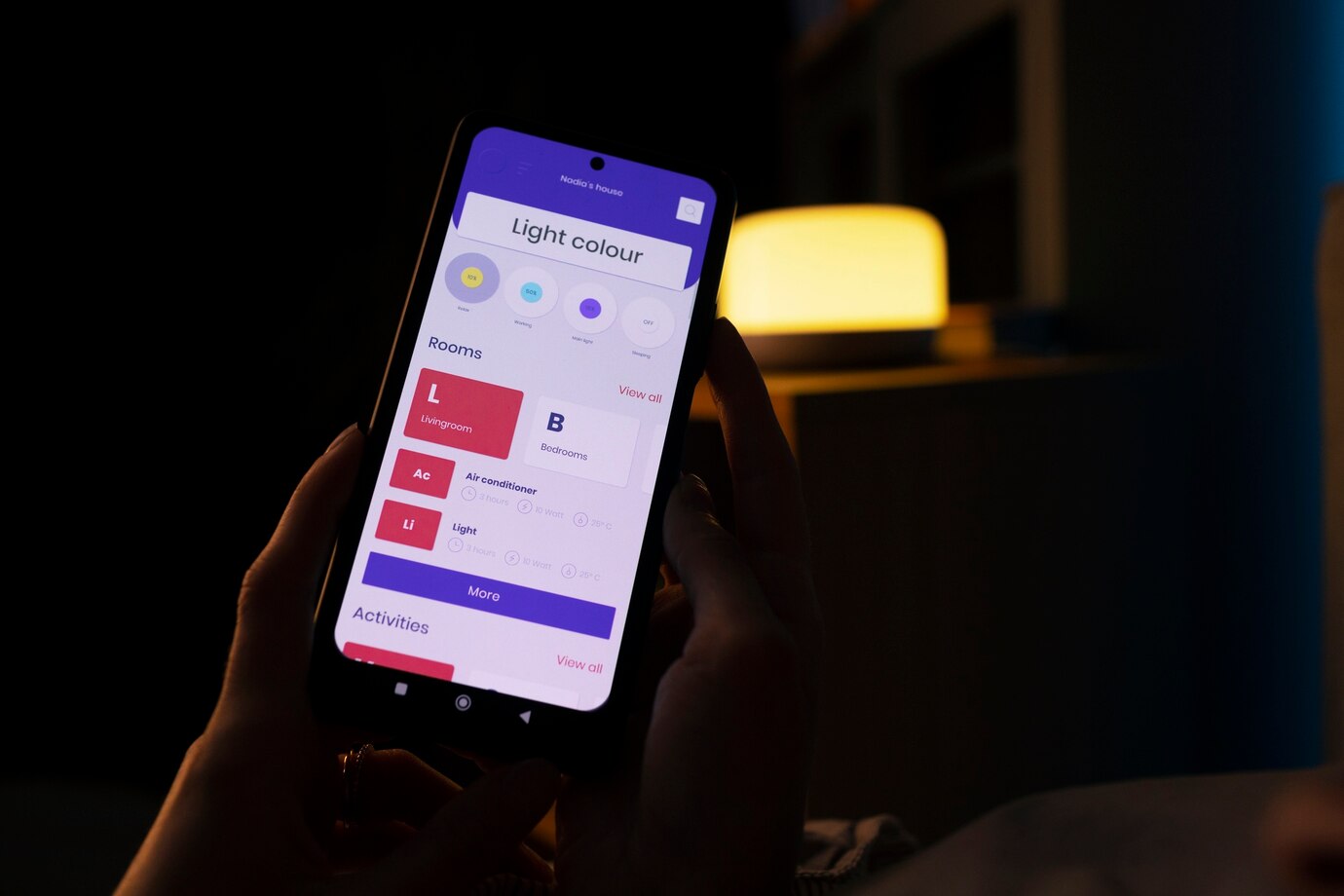
With increasing concerns about data breaches and privacy, users are becoming more cautious about sharing personal information through mobile apps. As a result, privacy and security features will be a major priority for mobile app developers 2024.
From implementing advanced encryption to ensuring compliance with data protection regulations like GDPR, developers must prioritize user privacy. Biometric authentication, secure payment methods, and robust security protocols will continue to be key features in mobile apps to safeguard user data.
10. Low-Code and No-Code Development

The rise of low-code and no-code development platforms is democratizing mobile app development, enabling even non-developers to create their own apps with minimal technical expertise. These platforms offer drag-and-drop interfaces, pre-built templates, and integrations, making it easier for businesses to build apps quickly.
For mobile app developers, this trend means that they can focus more on customizations and unique features, rather than reinventing the wheel with basic app functions. Low-code and no-code tools can also accelerate the development process, allowing for faster prototyping and iteration.
Conclusion

The mobile app development landscape is constantly evolving, with new technologies and trends reshaping how apps are created and used. As we move into 2024, mobile app developers must stay agile and embrace these innovations to build the next generation of apps. From AI and 5G to cross-platform development and blockchain, the future of mobile app development is exciting and full of potential. By adopting these trends, developers can deliver smarter, faster, and more secure mobile experiences that meet the ever-changing needs of users.






